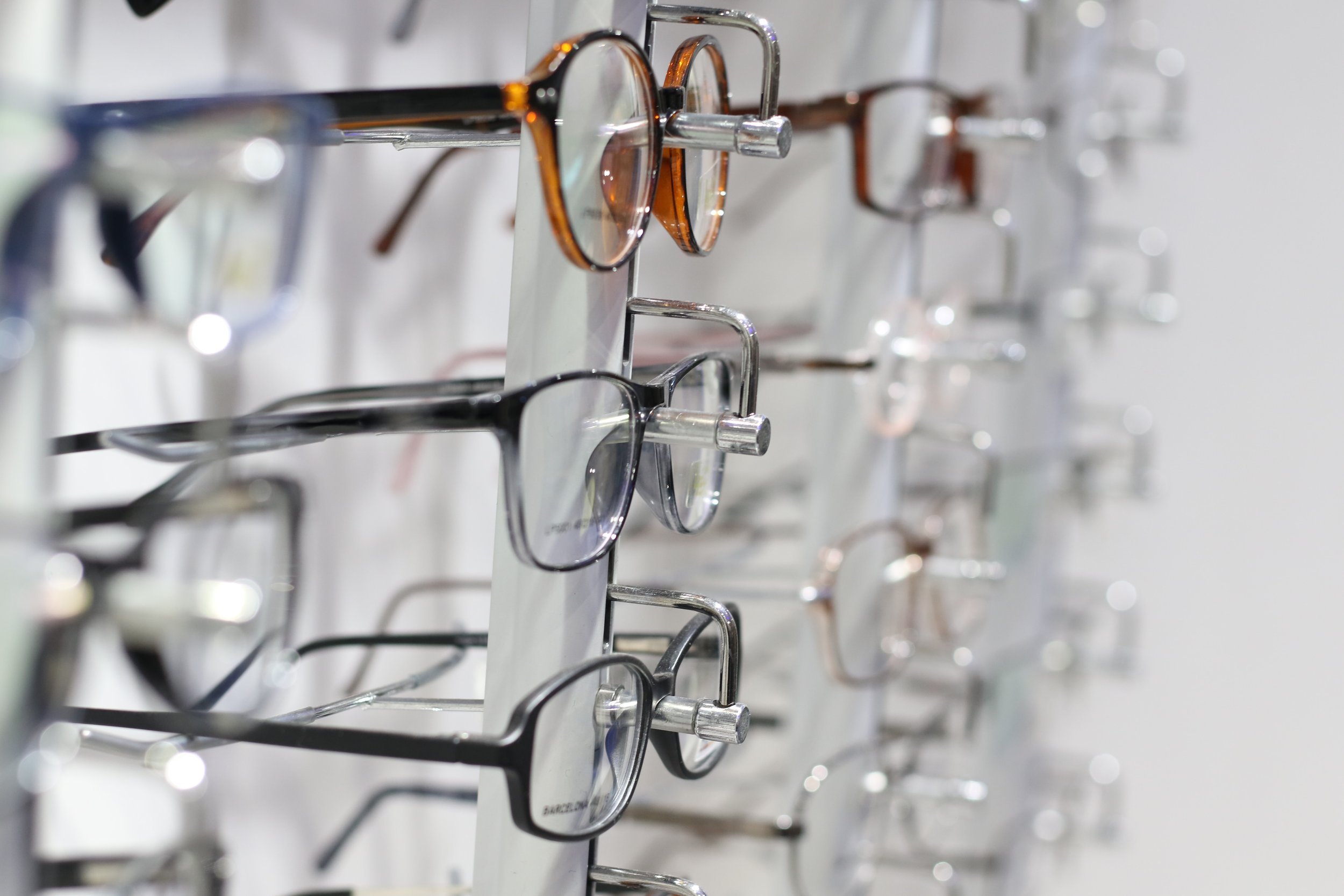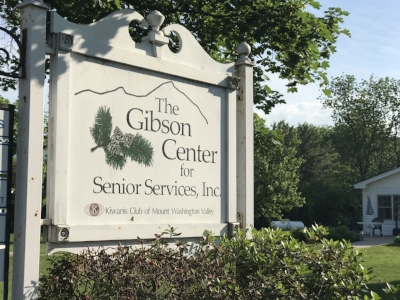Keeping Seniors Safe in Cold Weather
/Happy New Year everyone. Winter is in full swing here in New Hampshire and Maine. Winter in New England sure can be lovely but for our home care clients, their families and other seniors, winter brings it’s own set of challenges.
For primary caregivers of an elderly loved one, there are numerous things to consider to keep seniors safe during cold weather. Here are some things to consider:
Increased Risk of Hypothermia: Seniors must be careful to avoid hypothermia. Some health conditions and medication can increase the risk of hypothermia and can make seniors less aware of a drop in body temperature. Regular checks from a family member or in home care provider are essential to make sure they are warm.
Increased Personal Care Needs: Winter weather and dry indoor air can cause skin to become dry and irritated. Extra attention by caregivers and additional hygiene care is essential during the winter months.
Increased Risk of Fall: Although there are always fall hazard to be aware of for seniors, winter weather adds a whole new set of fall risks. One slip on icy or snowy steps can lead to serious injury for a senior. In home care providers must take extra care in keeping the home and walkways clear or snow or ice. Traction Cleats for snow and ice are a great idea, they would even make a great gift for a senior in your life.
Isolation Induced Depression: For seniors, getting out in the winter weather can be a real challenge. Lack of social contact, interaction and exercise can lead to depression. It is important for caregivers to keep this in mind and seek out safe outings or stay at home indoor activities. Family caregivers or in home care providers can help alleviate some of this through activities done together such as: games, baking, crafts, book reading, etc. Caregivers can also provide transportation to activities.
Fire and Carbon Monoxide Hazards: As mentioned before, seniors are susceptible to cold temperatures. Oftentimes, to help with the cold, or to help in times of power outage, space heaters or generators might be used. These can be a fire or carbon monoxide hazard when not installed properly. Placing these appliances too close to fabrics (ie: curtains, bedding, etc.) or furniture can cause a fire. Without proper ventilation, they can cause carbon monoxide poisoning. Caregivers can read instructions and check for installation. In-home care providers can check on seniors safety. Also, a check should be performed to be certain that fire and carbon monoxide detectors are all in working order.
The National Council on Aging has a great article on their website with more information on keeping seniors safe in cold weather. You can find it here.































